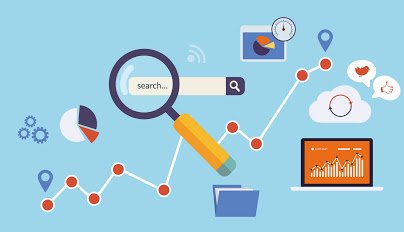Digital transformation has very much been the talk of SAP Leonardo Live in Frankfurt today, accompanied by the warning that businesses need to either “choose to get out in front or risk being left behind”.
As well as announcing several IoT tools to sit on the Leonardo platform, SAP also spent a lot of time talking about “industry 4.0” and how technology is enabling businesses to innovate faster than ever before.
But one particular point stood out, namely how it is the convergence of various technologies, rather than the technologies themselves, that is truly driving this sweeping transformation.
Joint effort
“I don’t recall any moment in the last 30 years when so many technologies are coming to maturity at the same time,” said SAP’s CCO Franck Cohen. “Think about cloud computing, think about mobile, big data, the internet of things which is now everywhere.
“Think about machine learning and artificial intelligence, all the ingredients are now there for us to build and re-shape the processes of the future. Combining all those technologies together is a very powerful recipe for success.”
This point was emphasised by Pat Bakey, president of SAP industries who suggested that a lot of the technologies enabling the digitisation of products and services are actually old news. It is their combination which is the really exciting part.
“The big news is realising that it is the convergence of multiple technologies that are maturing simultaneously and this is having a tremendous impact on business opportunity across all these industries,” he said.
The technologies being spoken about are of course all ones that will be familiar to you regular Silicon readers, but it is important to note that they all at varying stages of maturity.
For example, mobile and cloud computing are both relatively mature when compared to the likes of artificial intelligence (AI) and machine learning, two technologies which Cohen believes will grow to become the most disruptive and bring the most value to business.
“The same way that electricity has reshaped every single industry one way or another, I am fundamentally convinced that AI and machine learning are going to reshape the industries of tomorrow.
“The reality is that we are still at a very early stage. Right now, the capability of AI is equivalent of the brain of a frog, so we are not there yet”.
He suggested that it could take another 30 years before we get human-level AI intelligence, before bringing up the somewhat contentious issue of what happens when machines are truly able to think for themselves.
“We’re going to continue to develop to the point where we have to ask ourselves the question ‘what can we do with AI that’s going to be 1 million times the capacity of humans?’
“We have a responsibility to control what is happening here. There are a lot of people saying that we have to put ethical values into these engines to ensure that we can control them in the future, but the future is bright.”
Up-skilling
One much talked-about issue that has accompanied the rise of digital transformation and ‘Industry 4.0’ is the skills gap, as the demand for employees with the desired level of digital skills has grown dramatically.
This concern was tackled by Dr Henning Kagermann, president of the Acatech academy of science and engineering, who spoke about the importance of up-skilling the workforce while at the same time maintaining what you already have.
“We need different skill sets now,” he said. “It’s about understanding digital, it’s about having a deep understanding of the process of the customer and that means we need big re-skilling for the existing workforce. Most companies are doing this already and we hope we can get everybody there”
“You can use digital technology to up-skill people to a much higher level than we have today. [But] if you want to self-disrupt I think you still have to protect the existing workforce, the exiting business and, in parallel, build the other one.”
This last point is an important one. Businesses are frantically scrambling to set themselves up for this digital future, but can’t afford to forget about bringing all their personnel along for the ride.




